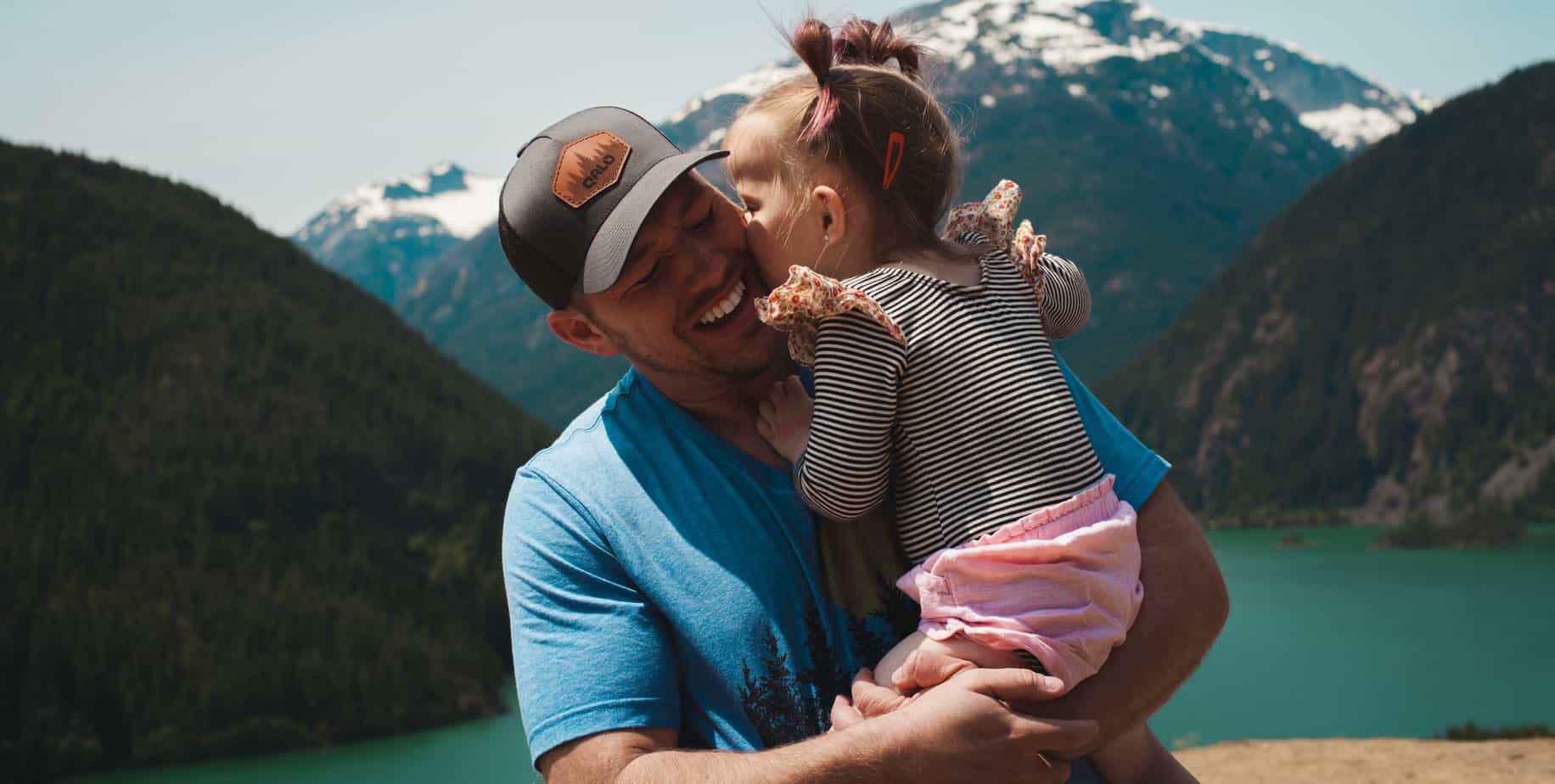We here at Common Ground believe that mental health conditions are important to discuss year-round because mental illness affects everyone directly or indirectly through family, friends or coworkers. Stigmatizing attitudes toward people with mental disorders are widespread in the general public and even among healthcare professionals. That is why each year, during the first week of October, NAMI and participants across the country raise awareness of mental illness.
In mental health, anxiety and depression are two of the most prevalent types of mental health issues. Preliminary evidence suggests that symptoms of anxiety and depression (16–28%) and self-reported stress (8%) are common psychological reactions to the COVID-19 pandemic1. With COVID-19, an upcoming presidential election plus whatever is happening in our personal life, it is not surprising that anxiety and depression are becoming even more prevalent. At this time, it is more important than ever to utilize healthy coping mechanisms such as taking walks, reaching out to neighbors/family/friends, journaling, meditation, yoga or volunteer to help others!
Let’s look at the mental health impact of COVID-19 from the point of view of health anxiety. Health anxiety, which arises from the misinterpretation of perceived bodily sensations and changes, can be protective in everyday life. However, during an outbreak like COVID-19, particularly in the presence of inaccurate or exaggerated information from the media, health anxiety can become excessive.
At an individual level, this can manifest as maladaptive behaviors (repeated medical consultations, avoiding health care even if genuinely ill, hoarding particular items); at a broader societal level, it can lead to mistrust of public authorities and scapegoating of particular populations or groups. We have a need for evidence-based research into health anxiety and its determinants, so that valid individual- and population-level strategies can be developed to minimize it in the face of the COVID-19 pandemic and future outbreaks of a similar nature.
Remember that we, as humans, are a resilient bunch and that some degree of anxiety and depression are common at different points in our lives. However, if you find yourself not wanting to wake up, unable to leave your home despite the need to or just needing someone to talk to – please get the help you deserve. Text or call our 24/7 Resource & Crisis Helpline: 1-800-231-1127.
Reference:
- COVID-19 and mental health: A review of the existing literature; AJP, 52 (2020) Science Direct: https://doi.org/10.1016/j.ajp.2020.102066






